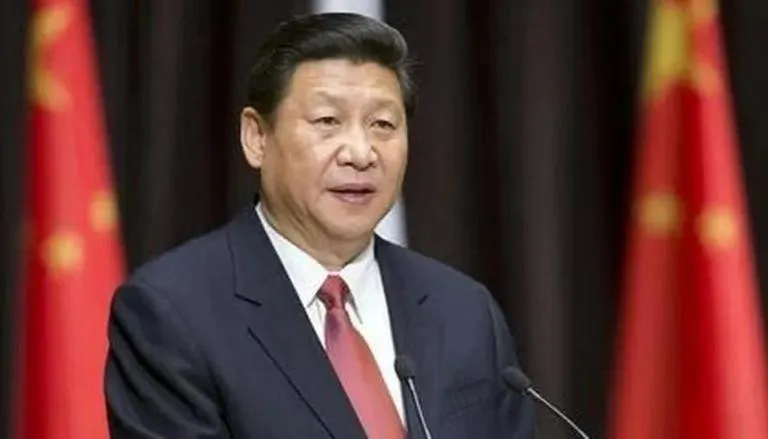Uncontrolled consumption of sugar has put thousands of UK children at health risk, a recent survey reveals.
The study shows that children in UK have consumed more than a year’s worth of sugar in less than six months, public health figures showed.
While four-to-ten-year-olds should not have more than the equivalent of five to six sugar cubes per day, they are consuming 13 on average, according to data from the latest National Diet and Nutrition Survey.
This means children will have around 4,760 cubes of sugar by the end of the year — more than double the maximum recommendation.
Too much sugar is blamed for high obesity rates in children and dental decay.
The British Department for Health agency is urging parents to try to cut back on sugary drinks, cakes and biscuits.
“We’re barely halfway through the year and already children have consumed far more sugar than is healthy — it’s no surprise this is contributing to an obesity crisis,” said Alison Tedstone, chief nutritionist at PHE.
“Snacks and drinks are adding unnecessary sugar to children’s diets without us even noticing,” Tedstone said.
“Swapping to lower- or no-added-sugar alternatives is something all parents can work towards.”
In spite of the publicity around the sugar levy, which began in April, sugary drinks such as colas, lemonades and juices are still one of the biggest sources of sugar in children’s diets.
They account for 10 per cent of sugar consumed by children, as do buns, cakes, pastries and fruit pies.
Biscuits are almost as big a problem, making up nine per cent of children’s intake, with spreads, jams and table sugar also contributing nine per cent.
Other big sources of sugar include breakfast cereals (eight per cent), chocolate confectionery (seven per cent), and yoghurts, fromage frais and other dairy desserts (six per cent).
Fruit juice and smoothies can count as one of the five fruits and vegetables everybody is encouraged to eat per day, but they contain a lot of natural sugar.
PHE said that one serving a day of no more than 150 ml is enough, which should be drunk with a meal not as a snack.
PHE suggests parents should swap their children’s sugary drinks for water, lower fat plain milks, sugar-free or no-added-sugar drinks.
It also offered ideas on its Change4Life website. It said that lower sugar snacks include fruit, plain rice cakes, toast, fruit teacakes, malted loaf or bagels with lower-fat spread.
The Obesity Health Alliance said PHE’s figures were alarming.
“These startling figures highlight the need for further robust action from government in their upcoming second edition of the Childhood Obesity Plan.
“A package of measures including restrictions on the advertising of junk food to children, action on price promotions on unhealthy products and clearer food labelling will help parents to make healthy choices and ensure their children have the healthiest possible start in life,” said its lead, Caroline Cerny.

 Metro2 days ago
Metro2 days ago
 Metro1 day ago
Metro1 day ago
 Musings From Abroad2 days ago
Musings From Abroad2 days ago
 Sports1 day ago
Sports1 day ago

















